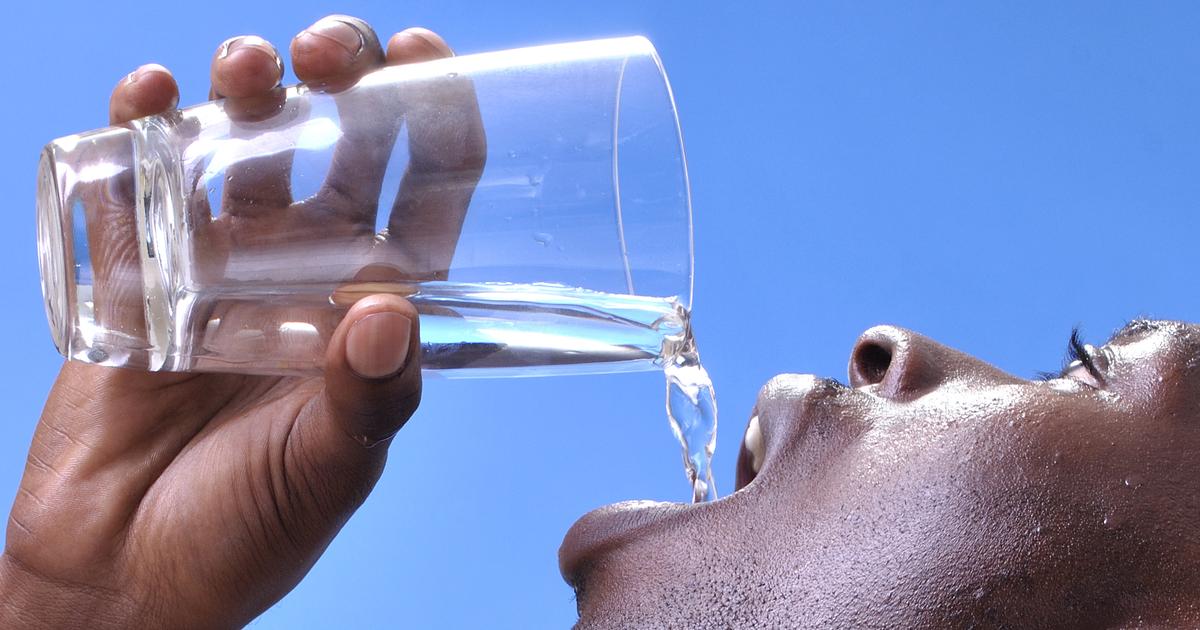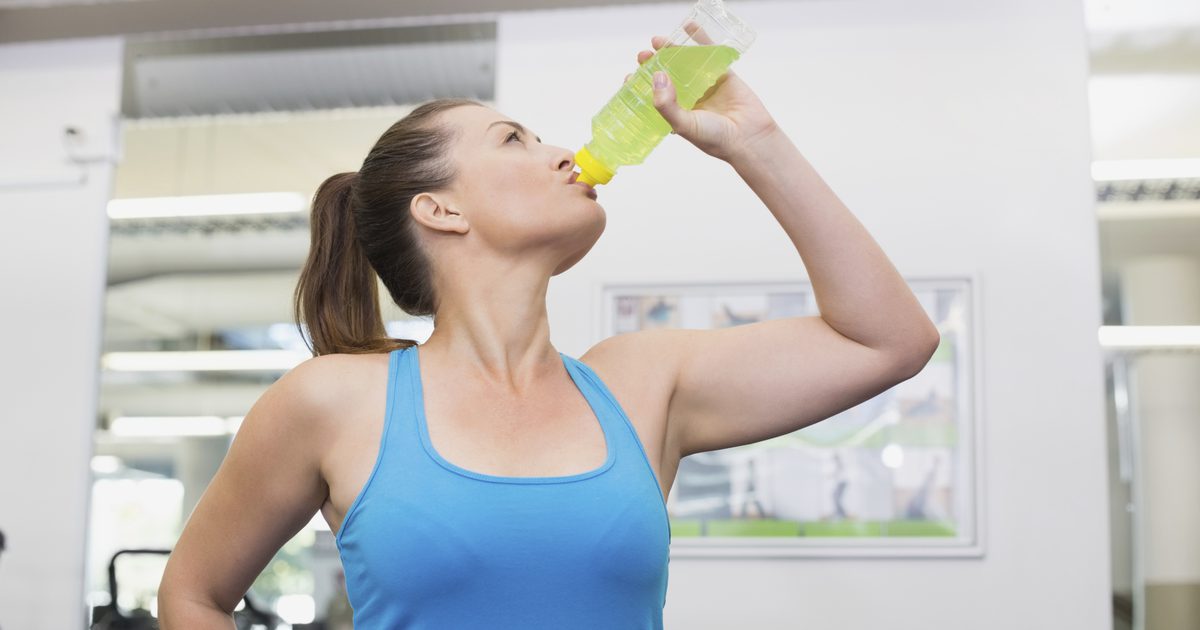Common Mistakes Made Regarding Hydration
The human body is made up of between sixty and seventy percent water. Water is vital for the function of the body's vital organs, digestive systems, and an individual's ability to cool themselves down. When an individual is hydrated, their skin tends to be better, there's less chance of brittle nails and hair, and their overall health is improved. Their kidneys function better because they're cleaner. The joints and muscles are better lubricated, which is important for day-to-day function. Staying properly hydrated can also help prevent individuals from overeating. An individual's ability to perform physically and mentally is affected by their hydration. If someone is dehydrated, they will often experience a decline in mental function and focus even if the dehydration isn't severe.
However, many individuals make several mistakes when it comes to staying hydrated. Get to know what these mistakes are now.
Only Drinking When Thirsty

One of the most common mistakes individuals make is only drinking when they're thirsty, but this can lead to overhydration and an imbalance in electrolytes. Furthermore, if an individual feels thirsty, it means their body is already dehydrated. With that said, it's not good to drink too much throughout the day. A better approach is to keep a bottle or glass of water nearby and take a small sip every few minutes. This keeps the body hydrated without flooding it with too much water. It's more important to take a sip of water at regular intervals than to meet a set number of cups per day. Eight glasses a day isn't actually necessary for everyone, and different individuals have different hydration needs. When individuals have had enough to drink, their body's urge to swallow water subsides. Their body won't get low on water if individuals drink small amounts throughout the day instead of waiting until they're thirsty and then chugging. Instead of using the eight glasses rule, a more standard rule of thumb is one ounce of water is necessary for every pound of body weight.
Read more about the common mistakes individuals make when it comes to hydration now.
Not Replacing Electrolytes

Not replacing electrolytes is a serious mistake many individuals make when hydrating, as water alone doesn't have the electrolytes the body needs. Electrolytes are substances necessary for organ and body system function. These minerals and compounds are essential for helping muscle contraction and energy production. Some of the most common electrolytes are calcium, potassium, chloride, and sodium. Some individuals make the mistake of cutting salt out of their diet entirely, which can lead to a sodium imbalance. While it's true too much salt in one's diet can increase the risk of high blood pressure, individuals need sodium to retain enough water in their body. Balanced electrolytes are necessary for regulating fluid levels in the body and blood plasma. In addition, electrolytes are responsible for muscle contractions throughout the body, including the heartbeat. A serious enough electrolyte imbalance can lead to heart damage and cardiac arrest. Individuals also need electrolytes to create new tissue, help with blood clotting, and transmit nerve signals.
Uncover more hydration mistakes now.
